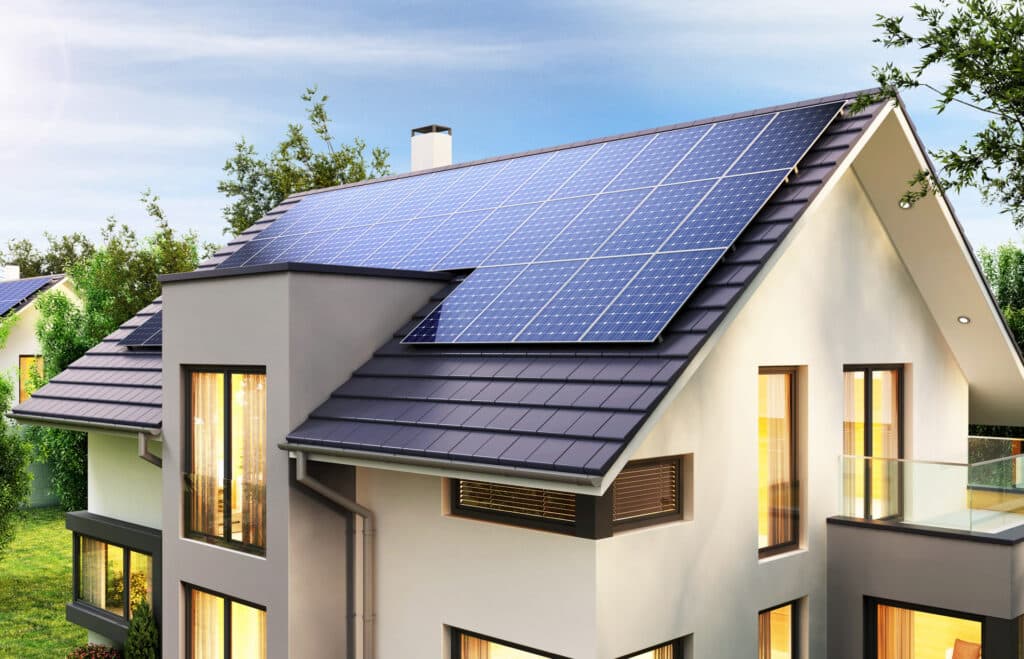As the transition to renewable energy gains momentum in Ireland, solar panels have become a popular choice for homeowners and businesses looking to reduce their carbon footprint and energy costs. However, while solar energy provides long-term savings, the initial investment can be substantial. Luckily, several grant options are available in Ireland to help make the switch more affordable.
Below we’ll explore the main grants, financial incentives, and supports available to Irish residents and businesses interested in going solar. Understanding your options will allow you to make the most informed decision for your energy needs and financial goals.
Why Go Solar?
Before diving into the available grants, let’s review why so many are choosing solar energy. Solar panels harness the sun’s energy to generate electricity, leading to benefits like:
Lower energy bills: Solar power reduces reliance on grid electricity, helping to lower monthly bills.
Sustainable and renewable: Solar is an eco-friendly choice that contributes to Ireland’s climate goals.
Increased property value: Homes with solar panels are often more attractive to buyers, adding potential resale value.
Energy independence: Solar panels paired with a battery system provide greater control over energy use, including backup power during grid outages.
These benefits come at an upfront cost, but grants and incentives can help offset this initial expense, making solar more accessible to a wider range of people. Let’s dive into the options available in Ireland.
1. SEAI Solar PV Grant
The Sustainable Energy Authority of Ireland (SEAI) offers a Solar PV (photovoltaic) grant, which is currently one of the most accessible options for homeowners. This grant is aimed at residential properties and is available for homes built before 2021. Here’s how it works:
Amount: The SEAI grant provides up to €1,800 for solar PV systems.
Eligibility: Available to homeowners of houses built and occupied before 2021. A minimum BER (Building Energy Rating) of D2 is required post-installation to qualify.
System Size: The grant supports systems up to 4kWp, ideal for residential needs.
Process: Homeowners can apply online via the SEAI website, where they’ll need to choose an SEAI-registered solar installer to handle the installation.
The SEAI Solar PV Grant is an excellent choice for households looking to offset their electricity costs with solar power. If a battery system is added, homeowners may gain even greater benefits by storing unused electricity to use at peak times.
2. SEAI Community Grant Scheme
The SEAI Community Grant Scheme is designed to help communities, businesses, and homeowners collectively reduce their energy use by supporting larger-scale energy projects. By pooling resources, communities can create impactful energy efficiency projects, including solar PV installations.
Amount: Varies depending on the project scope and contributions from involved parties, with potential funding of up to 50% of project costs.
Eligibility: Open to a wide range of applicants, including community groups, sports clubs, charities, businesses, and individuals. Homeowners may also apply if they’re part of a community group.
Requirements: Projects must include a mix of energy-saving and renewable energy solutions.
Application Process: A community-based partner typically leads the application process, working closely with the SEAI.
The Community Grant Scheme is ideal for organisations, community buildings, or even small neighbourhoods interested in collectively improving energy efficiency. Solar panels can often be installed alongside other upgrades, like insulation or efficient heating systems, to maximise the impact.
3. Better Energy Homes Scheme
Although not exclusively a solar grant, the Better Energy Homes Scheme provides financial aid for energy upgrades, including solar thermal systems for hot water. While this grant does not cover photovoltaic (PV) solar panels for electricity generation, it’s still worth mentioning for those looking to optimise solar energy use for water heating.
Amount: Up to €1,200 is available for solar water heating installations.
Eligibility: Homeowners of houses built before 2011 can apply.
Benefits: Installing a solar thermal system helps reduce costs related to water heating, which can be a significant part of energy expenses for many homes.
For homeowners interested in using solar energy primarily for heating water rather than generating electricity, this grant provides valuable support.
4. Accelerated Capital Allowance (ACA) for Businesses
For businesses interested in investing in solar power, the Accelerated Capital Allowance (ACA) is a valuable incentive. The ACA is a tax relief scheme aimed at encouraging Irish companies to invest in energy-efficient equipment, including solar PV systems.
How It Works: Businesses can deduct the full cost of eligible solar equipment from their profits in the first year, lowering their taxable income.
Eligibility: The ACA is available to all companies paying corporation tax in Ireland.
Eligible Equipment: Only solar PV systems listed on the SEAI’s Triple E Product Register qualify for the ACA scheme.
The ACA provides an incentive for companies to install solar panels, as the upfront cost can be offset against taxes. This scheme can be especially appealing to businesses with high electricity needs, such as farms, manufacturing facilities, or commercial properties.
Going Solar Powered
The move to solar power in Ireland is supported by several attractive grants and tax incentives that can help make the switch affordable and rewarding. Whether you’re a homeowner, part of a community group, or a business, there are financial supports available to make the journey to cleaner energy an easier one.
By understanding the grant options, tax incentives, and available financial support, you can make an informed choice that benefits both the environment and your budget. Going solar is an investment that pays off in both energy savings and environmental impact—making it a bright choice for the future.



